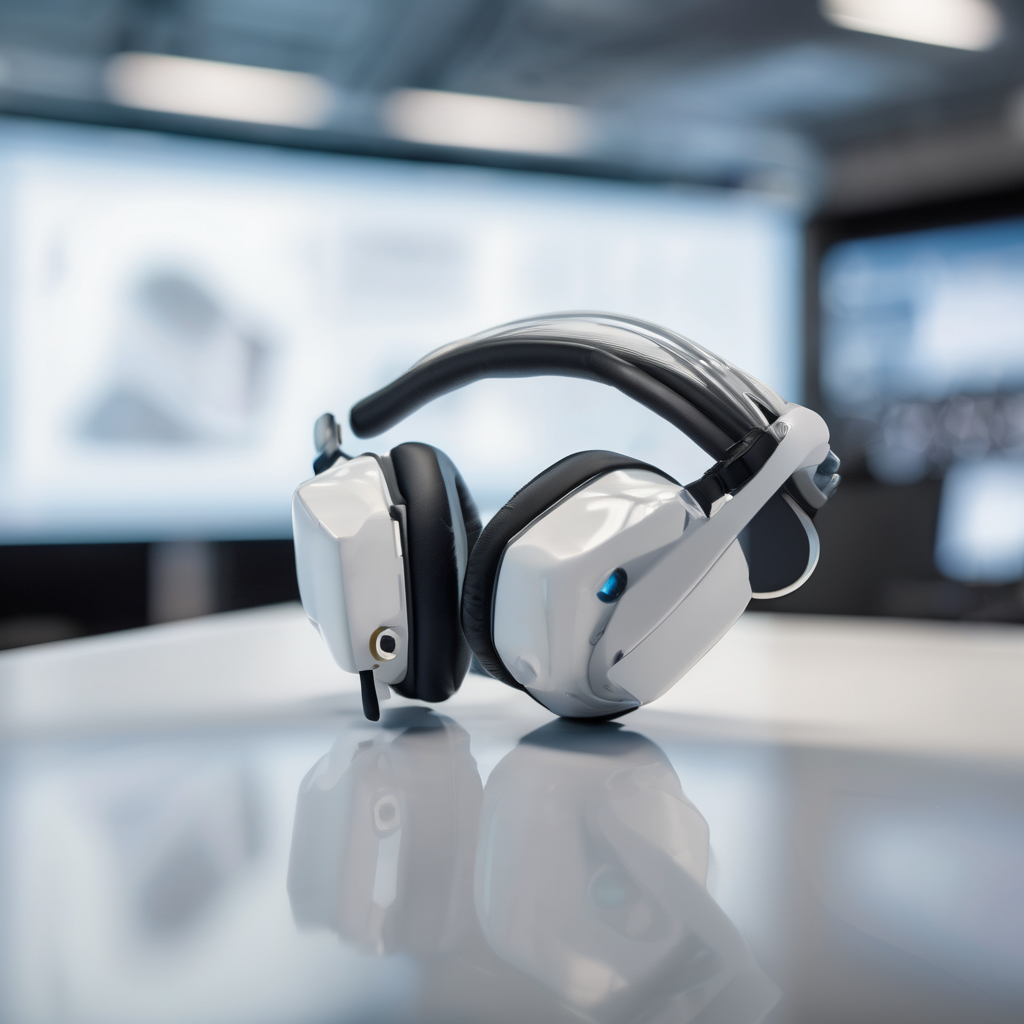Paradromics has made significant strides in the field of neurotechnology, as it recently announced that the Food and Drug Administration (FDA) has approved a clinical study to assess the safety and efficacy of its brain-computer interface (BCI) designed for speech restoration in individuals with paralysis. This innovative technology aims to enable users to communicate through text or synthesized speech, potentially transforming the lives of those affected by mobility impairments.
Based in Austin, Paradromics is among a select group of startups, which includes industry leaders like Neuralink, Synchron, and Precision Neuroscience. These companies are at the forefront of a burgeoning market that Morgan Stanley has projected to reach a valuation of $400 billion. The advances in brain-computer interfaces are shifting from a once-obscure academic focus to a mainstream solution with the potential to improve the quality of life for many.
The FDA’s endorsement symbolizes a crucial step for Paradromics, which has already acquired several breakthrough device designations. However, it faces intense competition from firms like Synchron and Neuralink, which have already secured regulatory approval for their clinical trials. CEO and co-founder Matt Angle has openly critiqued the limitations of their competitors’ devices, highlighting his vision for Paradromics to lead in this innovative field.
As research progresses, there is a sense of optimism around the potential for Paradromics’ technology to empower individuals with disabilities, offering them new avenues for communication and connection. The advancements in this sector not only represent technological breakthroughs but also embody a commitment to enhancing the lives of people facing significant challenges.
